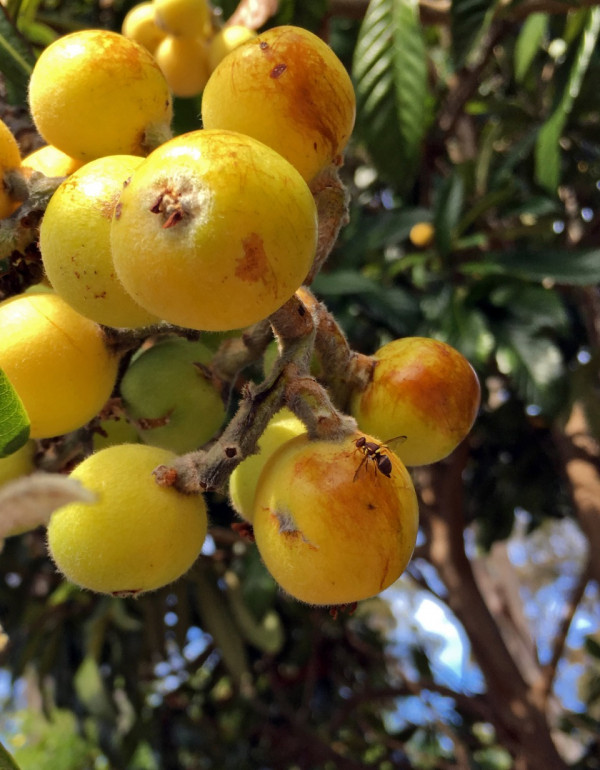THE Greater Sunraysia Pest Free Area, established in 2006 to help protect local horticultural industries from Queensland fruit fly and enhance market opportunities, is to be abolished.
A statement released by Agriculture Victoria said Queensland fruit fly is now established throughout the Victorian and New South Wales portions of Greater Sunraysia and combined with the ongoing suspension of the GSPFA for trade purposes, there was no longer a need for the effort.
As such, the regulation of the GSPFA will be allowed to lapse, and by mid-July this year the GSPFA will cease to exist.
A spokesperson for Agriculture Victoria said the horticulture industry in the Sunraysia region had already adjusted to the establishment of Queensland fruit fly in production practices.
That includes processes like cool storage treatment, fumigation, or irradiation.
The spokesperson said removal of the GSPFA will decrease regulatory and administrative burden on industries and other stakeholders who grow or trade horticultural produce in the region.
Signs and quarantine bins will be removed in the coming months, while there will no longer be restrictions around bringing Queensland fruit fly host produce in or out of the Sunraysia area.
However, the requirements for the movement of fruit to interstate sensitive markets have not changed and consignments will need to meet each states’ importation requirements.
Restrictions in movement of Mediterranean fruit fly host produce, which apply statewide, will not change.
The order declaring a restricted area in north west Victoria for the control of Queensland fruit fly and Mediterranean fruit fly, known as the Lindsay Point Order, remains in place to assist South Australia in retaining pest free area status in the Riverland.
Agriculture Victoria plans to enhanced the strength of the exotic fruit fly trapping network this year to ensure that trap locations align to areas of greatest risk of entry.
This is expected to see an increase in trap numbers around major ports and urban areas, with key targets including Mediterranean fruit fly, Jarvis fruit fly and Oriental fruit fly.
An Agriculture Victoria spokesperson said exotic fruit flies are a significant threat to Victoria’s $3 billion horticultural industry, with the potential to impact on production and trade opportunities.
The exotic fruit fly trapping network run by Agriculture Victoria aims to safeguard horticultural production and support enhanced trade prospects.
















